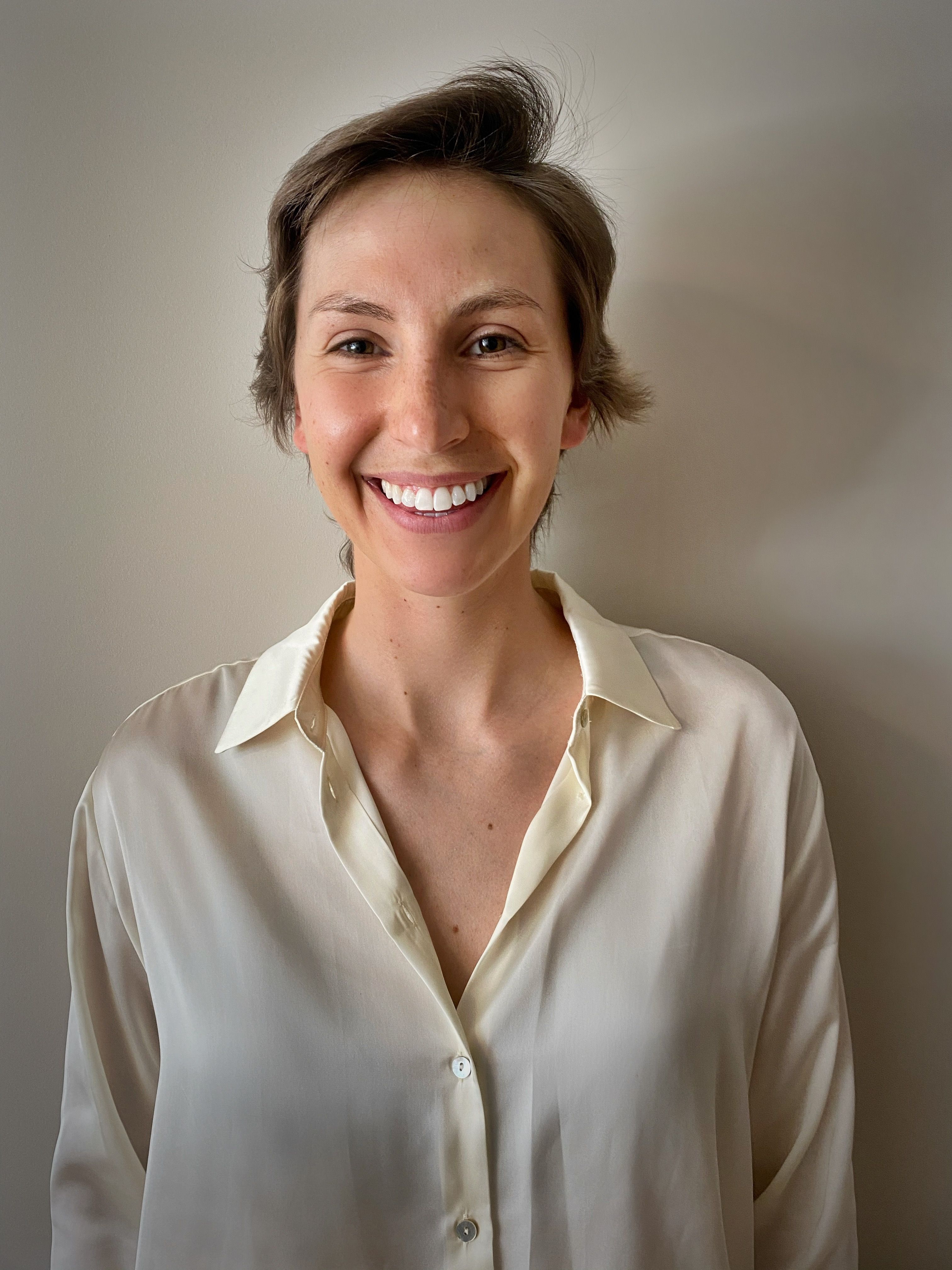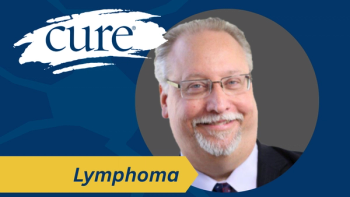
Survivor Offers 5 Tips on Becoming Your Own Advocate

Nina Luker, a healthy 25 year old, felt invincible. But she says that "naïve perspective was disrupted in a matter of hours."
In March 2020, at the age of 25, I was diagnosed with stage 4 diffuse large B-cell lymphoma. I was two years out of college, a division 1 athlete at UNC-Chapel Hill, living in New York City. I had a great career, worked out every day and kept my eating as clean as possible. All of these pieces of my life had added up to grant me the feeling of being invincible. This naïve perspective was disrupted in a matter of hours.
It was on March 11, 2020, I had been feeling a few abnormal symptoms for the last three months: body aches, fatigue, two occasions of night sweats and one experience of chest pain. These symptoms did not set off an alarm in my mind, but what I could feel was that something was not right. As someone who is very attuned to their body and limitations, I was aware my body was trying to tell me something.
On Feb. 28, I called my father to express what I was feeling, and it was apparent he had a few concerns with what I was telling him. He recommended I go to the ER in NYC to get checked out. I stepped into an Uber at 8 pm and checked myself in. If I could pinpoint a night that was the most challenging, it would have been that evening. I was all alone in the ER was full of people; I had fear and pain pulsating through my body. I would eventually get a CT scan a few hours later to see if they could find anything. I would wait and wait and wait. Around 4 am the doctor came back and said my bloodwork and scans were clean. I was dumfounded. I felt like I was the kid crying wolf. I knew at this point that something had to be taken into my own hands.
This is where my tipping point came. I knew I needed to have more answers. I needed people to listen to me and understand what was going on in my body and mind. At 4 am, once my results came back clean, I called my dad again. I told him my thoughts, I expressed what had happened and the two of us took matters to the next level. He drove from Philadelphia directly to NYC Langone ER and pick me up to take me back to Philadelphia, but we did not go home. He took me straight to Penn Medicine to get a biopsy.
In this moment, no one was telling us to get one. We made a few additional calls within the oncology network and had a sarcoma doctor requested a biopsy. The last thing I wanted was to get a biopsy. I was scared I was taking this too far for nothing. I knew how expensive these were and the fear I was causing to those who were close, but I did it anyway. I received the biopsy on March 1 in the care of Penn Medicine, 20 minutes from my childhood home.
Two days later, I went back to NYC to continue working. I didn’t have much fear associated with the biopsy, because the word “cancer” never was mentioned. I knew I was taking extra precautions, but the gravity of the situation was not apparent to me. Ten days after the biopsy, I received the call, alone in my NYC apartment, staring outside the window on the 26th floor overlooking downtown Manhattan. I heard the doctor’s soft tone, “I’m so sorry Nina, the results came back. You have lymphoma, a type of blood cancer.”
My world stopped. It couldn’t be true. I couldn’t believe what was just spoken. My parents, who were patched in the phone call went mute. I could hear the cries of my mom in the background. I could hear the fear in each word that was spoken aloud. I sank to the floor, put myself on mute and went into a state of trauma.
Two days later I found out through a PET scan this cancer was not detected early on. I was stage IV, the most severe and life-threating you can get with cancer. The cancer was present in four of my organs and multiple lymph nodes. I kept thinking to myself, “how long have I had this? What if I didn’t ask for help?”
I share this story, not to scare or place irrational fear into the minds of others who have had funky symptoms, but to share the power of using your voice when you are not deemed the “expert.” During these few days, I was surrounded by some of the most reputable and intelligent individuals in health care, and yet, I wasn’t receiving the answers and priority I needed. Instead of crawling into a closet and hiding away my thoughts and fears, I spoke out. I made it clear to my family and trusted allies, that something was not right. I needed help and I pushed for it. If I had not pushed for that help, then I could very well not be here today.
If I could recommend a few ways in advocating for yourself I would share this:
- Write down what you are feeling. It’s hard to express fear and pain, especially when you are experiencing it. Grab a pen and paper to help jot down simple words you can recount and use as “evidence” to what is going on.
- Ask for help. Use those closest to you, to help advocate on your behalf. It could be as simple as having them on the phone calls with doctors, re-instating what you are feeling and providing more context when asked questions.
- Allow yourself time to sit with what you are feeling, whether that is through meditation or another inward way of thinking. This is powerful beyond comprehension. It allows you to observe and become aware of what is happening.
- Trust yourself. This is easier said than done, but at the end of the day all we have is ourselves. You have every right to make decisions that are in your best interest, even if you don’t know if they are.
- Be gentle with yourself. We all deserve to feel protected, safe and loved. While trying to find your answers, give yourself extra room for compassion. What you might find is that all you need, is some inner confidence to help rewrite your story.




